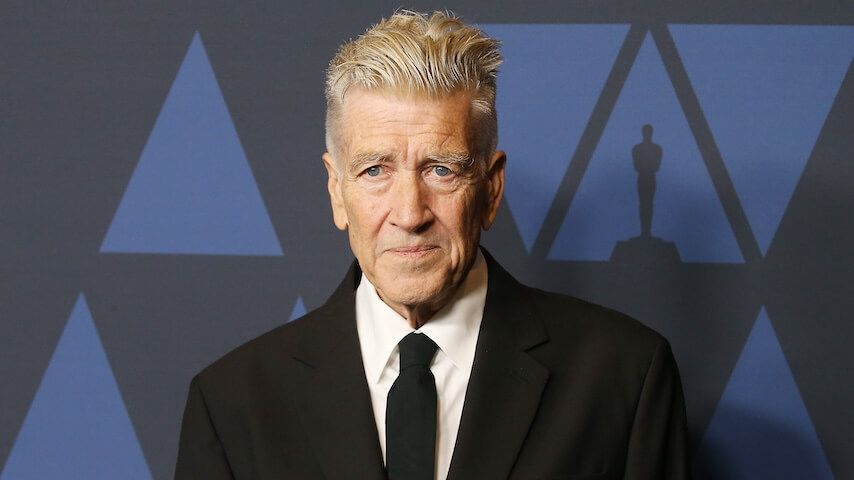Born in 1946 in Missoula, Montana, Lynch’s early professional life involved painting and making short animated and live action films. He began his game-changing career in Hollywood with 1977’s Eraserhead, a bleak, black and white body horror spectacle that went on to achieve cult classic status over several midnight movie runs. Then came his Mel Brooks-produced breakout hit The Elephant Man in 1980, a portrait loosely-based on the life of Joseph Merrick, a deformed man working as a sideshow performer in Victorian England. The film starred John Hurt as Merrick and Anthony Hopkins as his doctor. It was nominated for eight Academy Awards.
Lynch followed up the success of The Elephant Man with his rather less successful stab at Dune (1984), and acclaimed psychosexual dramas Blue Velvet and Wild At Heart in 1986 and 1990, respectively. That same year, he, along with co-creator Mark Frost, upended the entire television landscape with the debut of Twin Peaks, perhaps one of the most influential shows of all time. (We would never have had series like True Detective or Hannibal without it.) Starring Kyle MacLachlan as Dale Cooper, an FBI special agent tasked with investigating the death of local teenager Laura Palmer (Sheryl Lee) in the Pacific Northwest, Twin Peaks dove headfirst into the taboo, the surreal, and the otherworldly. The series had the world asking “Who killed Laura Palmer?” for two seasons, before ending (the first time) on a controversial cliff-hanger in 1991. Lynch then followed the series’ original run with a prequel film, Twin Peaks: Fire Walk With Me, in 1992, and a Showtime revival, Twin Peaks: The Return, that picked up where season two left off in 2017. Overall, the show was nominated for 18 Emmys and won two.
Lynch created two more series in the ’90s—On The Air (ABC) and Hotel Room (HBO)—but pivoted back to film for 1997’s Lost Highway, a surrealist neo-noir murder mystery starring Bill Pullman, Patricia Arquette, Balthazar Getty, and Robert Blake. He followed that up with The Straight Story (1990), a subtler, more down-to-earth picture, before going back into full dreamlike and bizarre mode with Mulholland Drive (2001) and Inland Empire (2006), both of which explore a world of psycho-drama around a respective actresses (played by Naomi Watts in Mulholland Drive and Laura Dern in Inland Empire).
Lynch was also an incredibly influential figure outside the world of film and television. In addition to his beloved weather reports, the director also collaborated on and released several of his own musical projects, widely exhibited his art, contributed to a weekly comic strip called “The Angriest Dog in the World,” and wrote several books, including Images (1994), Room To Dream (with Kristine McKenna, 2018), and Catching the Big Fish: Meditation, Consciousness, and Creativity (2006), which delves into his practice of Transcendental Meditation. To share the tradition, he also established the David Lynch Foundation in 2005 and enlisted fellow practitioners like Paul McCartney and Ringo Starr for a series of benefit concerts.
Lynch shared his emphysema diagnosis last August, writing that he’d quit smoking for two years. The disease left him “homebound,” as he told Sight & Sound Magazine (via The Independent), as “it would be very bad for me to get sick, even with a cold.” While this was an obvious hindrance in terms of directing, he said he would still “do it remotely if it comes to it.” In one of his last Twitter (X) posts, he wrote: “I am filled with happiness, and I will never retire.”



![Rob Reiner's son booked for murder amid homicide investigation [Updated]](https://img.pastemagazine.com/wp-content/avuploads/2025/12/15131025/MixCollage-15-Dec-2025-01-10-PM-9121.jpg)




















![HBO teases new Euphoria, Larry David, and much more in 2026 sizzle reel [Updated]](https://img.pastemagazine.com/wp-content/avuploads/2025/12/12100344/MixCollage-12-Dec-2025-09-56-AM-9137.jpg)
















